Slim books are deceiving. Almost a quarter century ago, Fr. Thomas Keating lectured at the Harvard Divinity School. His talks became a little book called The Human Condition: Contemplation and Transformation, which has been my companion for the past week or so. Including the forward and introduction, the book contains only 45 large type pages. Simple enough to wrap you head around, you would think.
But hard, difficult truth is often packed into a few words or paragraphs, and I find myself resting in Keating’s words just as he would have us “rest in God.” Keating starts with a Bible story so universal that people who have never visited a Christian church know it. Adam and Eve are naked, hiding in the woods, and God calls out, “Where are you?”
Keating uses this familiar Bible story to make the point that we are all lost in the woods. It’s the human condition. We are separated from God, and we are desperately trying to find our way back to that which is holy.
And we are doing it badly. In the words of the country and western song, “we’re looking for love in all the wrong places.” We do this because we are conditioned by our psyches and our culture.
Keating then illustrates with this story, which he attributes to a Sufi master who was looking for the key to his house in the grass outside. A friend joins the search and after a while asks the master whether he remembers where he lost his key. “Of course. I lost in in the house,” he replied.
When asked why he was looking outside in the grass, the Sufi master replied, “there’s more light outside.” (In social science a similar story is told about a drunkard looking for his keys under a streetlamp.)
The point is that we look for happiness where we think it is easy to find rather than doing the hard work of seeking what is holy.
In his lecture, Keating makes the case for Centering Prayer as a way to move beyond the easy, shiny, light false identity toward a spiritual journey.
It is never too late to start, he says, and the old monk promises, that “If you are over eighty, you will be happy to know that there is an accelerated course.”
I’ve signed up.
The Human Condition can be purchased from Contemplative Outreach.
Banner Photo: Chris DiNoto via Unsplash

